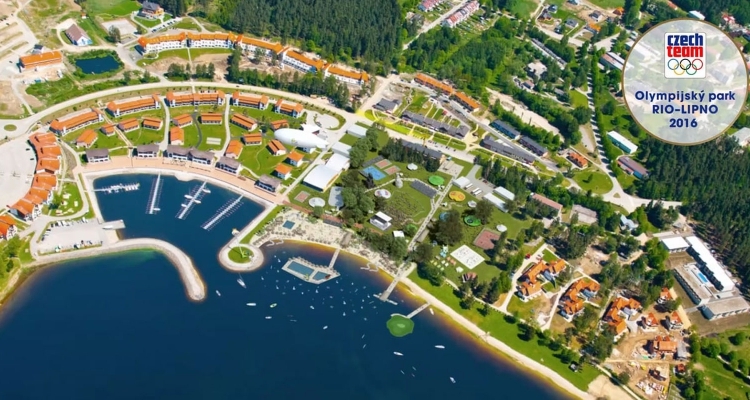Sustainable event management as a term does not yet exist in the Czech Republic. So we decided that it is time for it to change. Just as many businesses are developing their social responsibility or sustainability strategies, many events (music festivals, sports events, conferences etc.) have begun exploring the potential of reducing their negative impacts on the environment and local communities.
A sustainable event takes into account all of its organizational circumstances and considers not only how to avoid negative impacts, but also how to create a positive legacy. Sustainable events can be certified according to the international standard for sustainable event management ISO 20121 or its results can be reported according to the Global Reporting Initiative (GRI) G4: Sustainable Reporting Guidelines and its Event Organizers Sector Supplement.
So what are the examples of successful sustainably managed events?
The 2012 Summer Olympic Games in London
The Summer Olympics in London were groundbreaking with its commitment to “inspire lasting change”. The vision of sustainability played a key role in every decision-making process during the whole seven years of planning of this world’s biggest sports event. The ambition was to rejuvenate neglected London communities, support healthy lifestyle, change the perception of handicaps and to inspire the whole generation to participate in sports and an active lifestyle.
Sustainability priorities have been built upon the suggestions of important stakeholders and they turned to define the main organizational pillars. The priorities included: staging low-carbon games, games with zero-waste going to landfills, caring for biodiversity and connection of people with nature through sport and culture, organizing the most inclusive Olympic games yet, supporting healthy, active and sustainable lifestyle and ensuring a lasting legacy.
In order to reach its goals, the London Olympics managed, for example, to recycle more than 90% of its demolition waste with some buildings even reused off-site. The roofs of the Olympic village and some other buildings were covered with more than 15,000m2 of living roof. 222 women, who participated in the “Women into Construction Project”, gained employment in the field after its completion. And 80% of contaminated soil has been clean and reused.
The 2012 Summer Olympic Games in London have become the most sustainable Olympic Games in history so far.
Glastonbury festival
Music festivals are not usually considered to be very environmentally friendly. Yet, the biggest music festival in Britain serves as an example. Its organizers have realized that their festival with almost 200,000 visitors each year creates a significant impact on natural resources and the surrounding environment.
Glastonbury festival pledged to minimize waste and motivated its visitors to accept a reduce, reuse, recycle approach and a zero-waste thinking, in other words, take home what you bring to the festival. The energy use was largely supported by 1,500 m2 of solar panels and the organizers managed to avoid using diesel generators. The festival banned the use of single use plastic bags and strictly used only organic cotton bags printed with vegetable dyes for all its festival programs. All tea, coffee, sugar and hot chocolate on site were Fair trade. Only reusable or compostable plates and cutlery were allowed and in the interest of reducing plastic bottle waste, organizers urged all visitors to bring or buy reusable water bottles. Since 2000, they also planted more than 10,000 native trees and hedge plants in the local environment.
Despite the amount of waste left after each festival’s end, Glastonbury certainly belongs to the sustainability leaders among music festivals and it deserves a recognition.
Czech Republic
In the Czech Republic there hasn’t been much attention given to the topic of sustainable event management. Hopefully, we will see a change soon thanks to the Czech Rio – Lipno Olympic Park that has started to monitor its sustainability efforts this year. Their first Sustainability Report will serve as an evaluation of their main strategies and above all, it will provide space for recommendations for future Olympic Parks.
The time has come we started paying attention to event sustainability possibilities in the Czech Republic. Let’s hope, that the Rio – Lipno Olympic park will kick off this positive trend.
More information and other sustainable events:
London Summer Olympics:
Glastonbury festival 2016:
http://www.glastonburyfestivals.co.uk/information/green-glastonbury/our-green-policies/
EURO 2016:
http://www.uefa.com/MultimediaFiles/Download/uefaorg/General/02/26/41/78/2264178_DOWNLOAD.pdf


